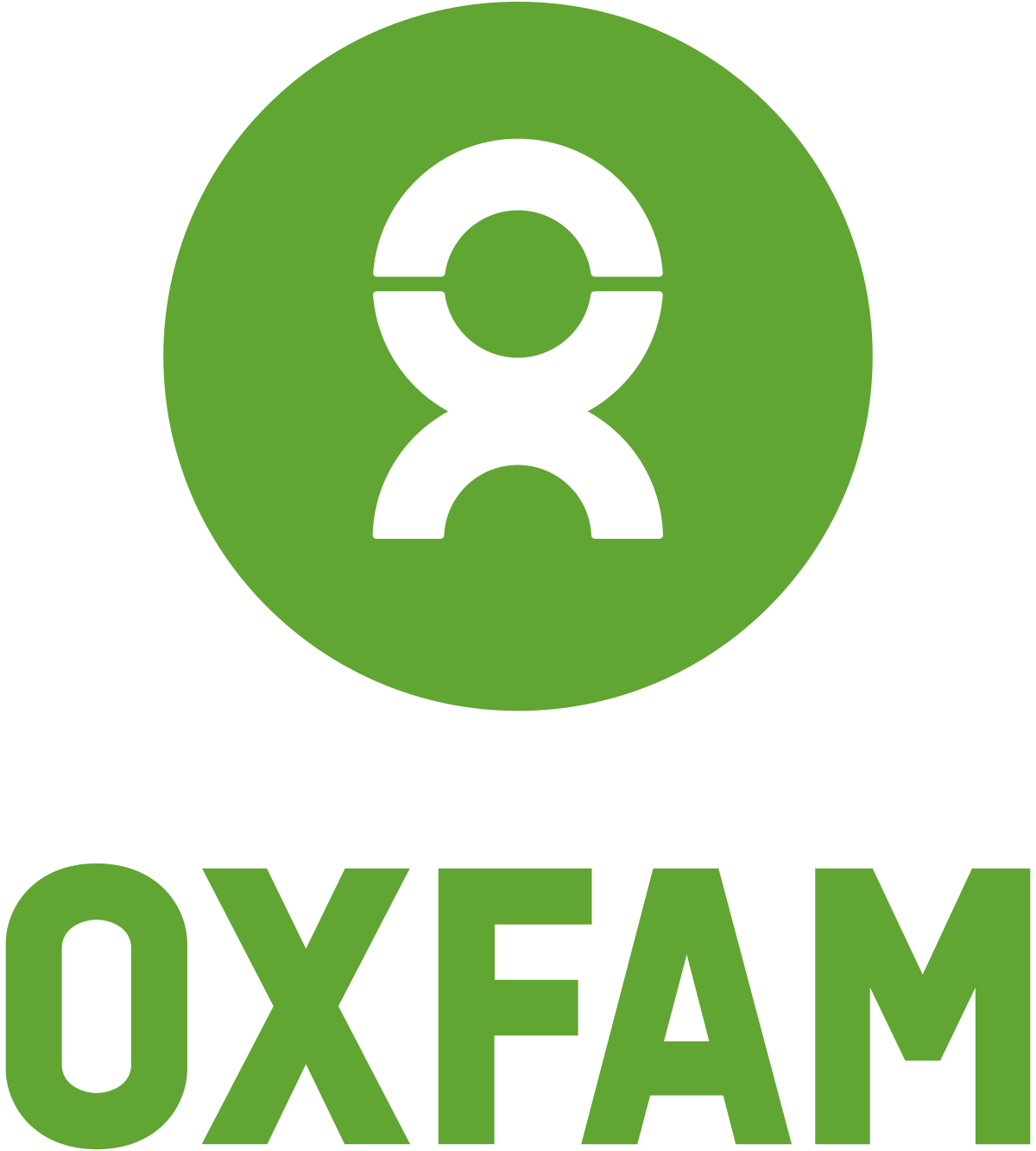
Oxfam
tendersglobal.net

Description
- Introduction
The current trends of increasing population, rising incomes, urbanization and resource extraction are putting pressure on natural and built systems to provide clean and adequate water, nutritious and affordable food, as well as sustainable and secure energy. The linkages between water, food, and energy sectors are now well articulated in the form of Water-Energy-Food (WEF) nexus approach and the nexus is considered significant for sustainable development. Considering the interdependence, an integrated approach is important and urgent as pressures increase in each sector. Therefore, through relevant policies and actions, work on the nexus can minimize the negative consequences for each sector and ensure that two, or all three benefit and reinforce each other positively. Promoting investments and public-private partnerships (PPPs) within WEF models can enhance resource efficiency, resilience, and economic growth and climate action.
- Purpose of the Consultancy
Oxfam is looking for a consultant or team of consultants to undertake a study on the current investment landscape and opportunities in WEF nexus models, identify key stakeholders, and recommend strategies to attract PPPs and investments in the sector focusing on Al-Anbar and Saladin Governorate, Iraq.
- Objectives
The primary objectives of the study are to:
- Assess the investment landscape for WEF models, including public, private, and blended finance.
- Identify barriers and opportunities for investment and PPPs in WEF nexus models.
- Propose strategies and practical recommendations to enhance PPPs and attract investment in WEF projects.
- Develop an action plan for strengthening PPPs and increasing private sector involvement in sustainable WEF investments.
- Scope of Work
The Consultant(s) will carry out the following tasks:
Desk Research
- Review existing literature on WEF nexus models and their financing mechanisms.
- Conduct a comparative analysis of global and regional best practices in WEF investments and PPPs.
Stakeholder Mapping and Analysis
- Identify key stakeholders in the WEF sector, including government agencies, private sector actors, financial institutions, development banks, academia, and civil society.
- Analyze the roles and interests of stakeholders in supporting PPPs and investment in WEF models through stakeholder engagement (interviews, focus groups discussions, consultations)
Assessing the Nexus and the Investment Landscape
- Assess the current state of water, energy, and food security in the context of natural, built, and social capital.
- Assess the nexus relationships in the context of past stressors and future risks.
- Analyze existing policy, regulatory frameworks, and incentives that impact investment and PPPs in the WEF sector.
- Assess the current investment trends, challenges, and barriers in the WEF sector.
- Identify potential investment opportunities, business models, and revenue streams for PPPs within the WEF nexus.
- Document insights about how investments, policies and actions are likely to impact WEF security.
Investing in a WEF
-
Based on findings, develop an actionable roadmap, i.e., a specific investment strategy for promoting PPPs and attracting investment in WEF models.
- Include a monitoring and evaluation framework to assess progress and outcomes.
- Deliverables
Inception Report: Outlining methodology, work plan, and timeline for the study.
Interim Report: Preliminary findings, including an overview of the nexus and investment landscape, stakeholder analysis, and key challenges.
Final Report: Includes an executive summary, full analysis, recommendations, and the action plan after incorporating feedback.
Presentation to Stakeholders: Summarizing key findings, recommendations, and the action plan to relevant stakeholders, including public, private, and civil society representatives in Arabic and English languages.
- Proposal requirements
Oxfam is requesting the service providers to hand in a proposal of maximum three (3) pages, which should highlight the methodology and analytical approaches that the consultant will employ for acquiring and analyzing data; the types of data(sets) that will be used; an analysis plan; and a workplan. The proposal should also include description of consultant’s capacities and any relevant experience related to the ToR. The 3-page proposal does not include biographies, CVs, sample work and references, which should be submitted separately. Proposals not fulfilling the minimum criteria will be excluded from the tender procedure and will not be assessed further.
- Competences
- Advance degree in Economics, Agriculture, Sustainable Development, Environmental Science, Development studies or any other relevant field.
- Capacity and capability to collect primary data efficiently in Anbar and Saladin Governorates in Iraq.
- The consultant should have significant knowledge and experience in Water, energy, and food systems, especially within integrated nexus models.
- Knowledge and experience of public-private partnerships and investment strategies, policy analysis, stakeholder engagement, and development economics is required.
- Experience in Iraq and MENA region is an asset.
- Proficiency in English and in Arabic.
- Ethical considerations
- Ensure participants are fully informed about the study and consent to participate.
- Protect the privacy and confidentiality of participants.
TOR LINK: https://oxfam.box.com/s/jt7zcfhderfgs26di80aihf1aj34x1rn
Qualifications & Preferred Skills
How To Apply
The interested parties should send all the required documents listed above to the address [email protected].
Subject: WEF Nexus
Deadline for submission of offers:
The deadline for submitting the offers is: 16 Jan, 2025 (17:00 hr. Iraq Time.).
Deadline Date
2025-01-16
To help us track our recruitment effort, please indicate in your email/cover letter where (tendersglobal.net) you saw this job posting.
